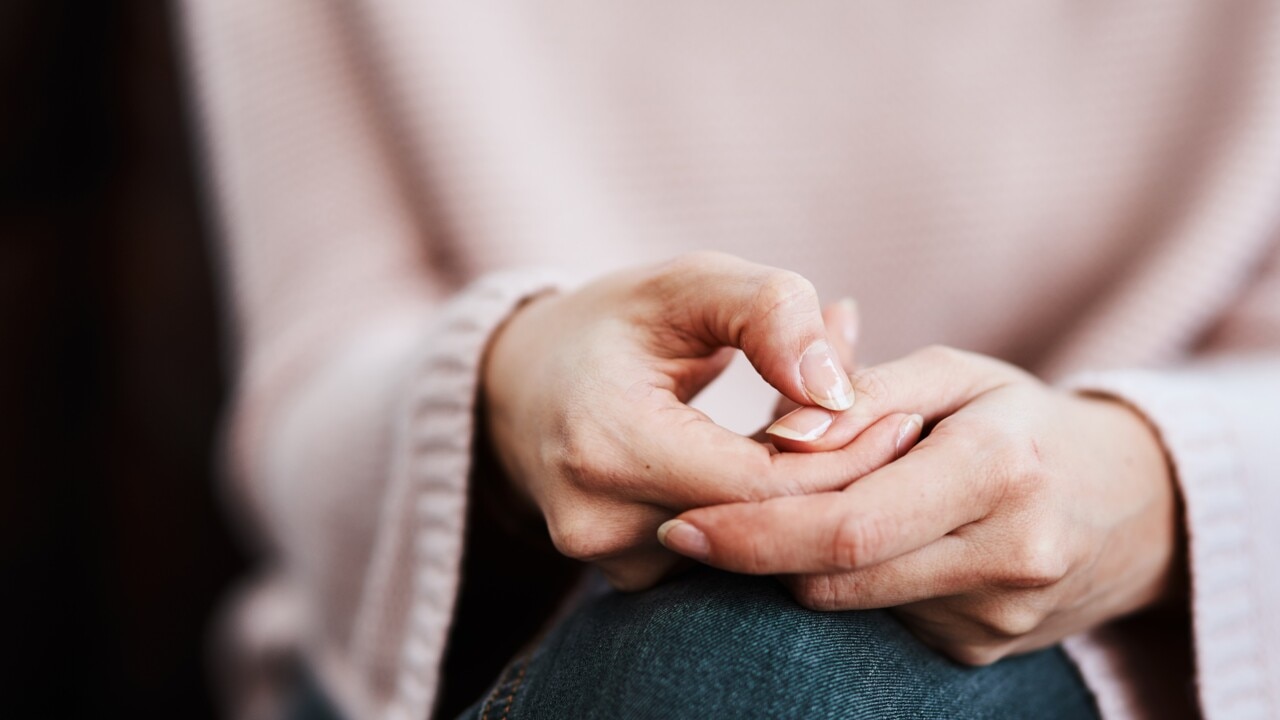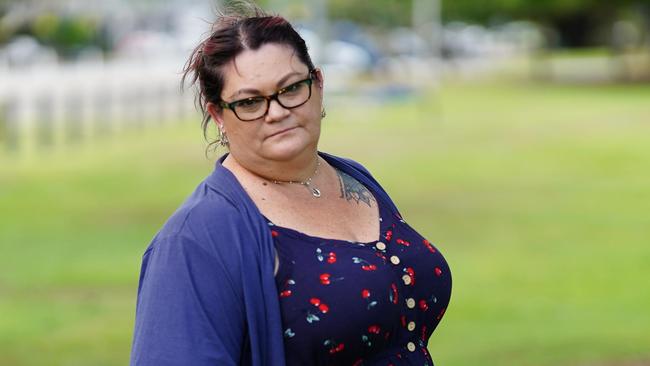Qld cop convinced DV victim to give him massage after declining to investigate ex
The Commission of Inquiry into Police Responses to Domestic violence has heard the shocking story of a Queensland police officer who asked a DV victim to give him a massage after refusing to investigate claims against her ex-partner.

Police & Courts
Don't miss out on the headlines from Police & Courts. Followed categories will be added to My News.
A Queensland police officer convinced a victim of domestic violence to give him a massage and asked about becoming her regular client after declining to investigate her ex-partner for accessing her emails.
The startling anecdote was detailed by the head of a domestic violence organisation in a statement provided to the Commission of Inquiry into Police Responses to Domestic and Family Violence.
The Inquiry this week has heard from a series of Brisbane domestic violence services but recently heard from organisations in North Queensland.
Sandra Keogh, chief executive officer of the Cairns Regional Domestic Violence Service, gave evidence at the inquiry but also provided it with a nine-page statement of her experiences with police.
In it, she revealed a police officer had accused her organisation of acting illegally by supporting a foreign woman who was in Australia on a partner visa.
She said they had written the woman a letter of support to help her stay in the country after her relationship broke down. The letter detailed allegations of domestic violence.
“The client’s ex-partner accessed her emails through his computer and discovered the letter we had provided in support of her application, printed it and presented at the Cairns police station,” Ms Keogh wrote.
She added that the man had not gone to his local police station, but had driven more than an hour to make a complaint in Cairns.
Ms Keogh said the woman was called into the station and “interrogated” for three hours about the letter without an interpreter.
“Our service later received a phone call from a police officer station that what (we) had done was unethical and illegal and seeking a response as well as questioning our assessment of risk and actions or inactions,” she wrote.

Ms Keogh said she responded to the officer via email, providing links to the Migration Act and explaining the woman was not “at imminent risk” but she had concerns that the ex-partner had accessed the woman’s emails without her consent.
“The response that I received back still seemed to intimate that the officer believed we were overstating her experience of domestic violence and asserted that her ex-partner had not ‘hacked’ her computer to get the information, therefore they would not be following up,” she wrote.
She said the woman later came to them and said that same officer later visited her workplace where she was employed as a masseuse and asked her for a massage.
The woman said she recognised the officer and asked if her massaging him “created a problem” and that he’d told her it was fine.
“The (woman) reported being incredibly uncomfortable but not wanting to make things worse,” Ms Keogh wrote.
After the massage, according to Ms Keogh’s statement, the police officer asked about becoming a regular client, and the woman made excuses about being a casual employee and not knowing her schedule.
“(The woman) did not want to pursue a complaint with police because of her experience and not wanting to rock the boat,” Ms Keogh said.
Emma Wilson, a specialist DV advocate who is embedded with the Violence Protection Unit in South Brisbane, told the Inquiry this week general duties crews generally failed to see the risks to victims and their children on a regular basis.
Police had given inconsistent advice and in some cases “completely the wrong information”. She also said the QPS regularly misidentified the main aggressor in an incident and who was the person most in need of protection.
She said the problem was usually resolved when the Vulnerable Persons Unit became involved.
The Queensland Police Service previously said it is looking forward to working with the Inquiry and receiving its recommendations.
“We are committed to strengthening and improving our response to Domestic and Family Violence matters to ensure the Service is supporting all victims and holding perpetrators to account,” a spokesperson said.




